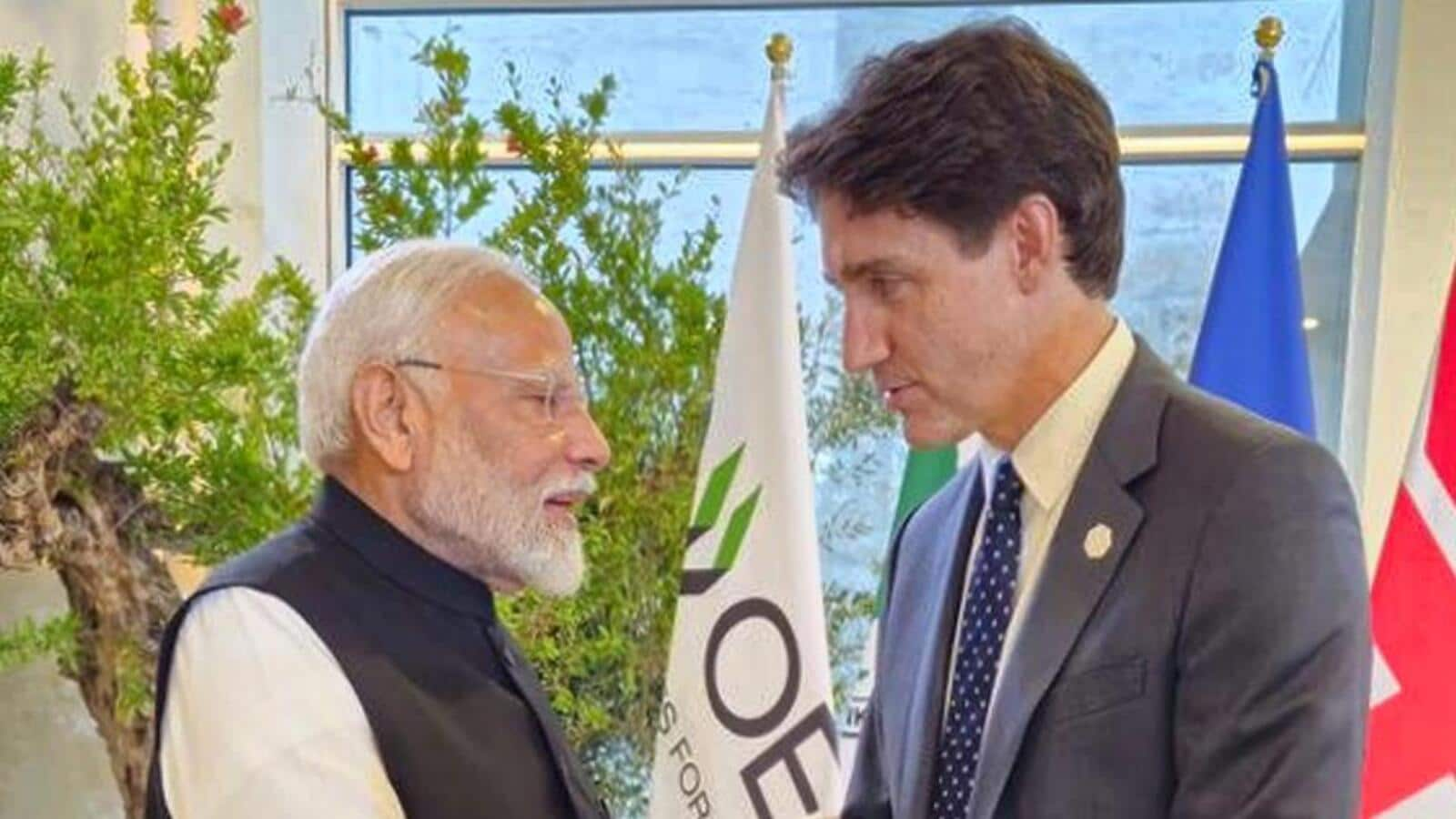Trudeau ‘targeted’ by pro-Modi outlets after Nijjar assassination allegations: docs
Media outlets aligned with the Indian government “targeted” Prime Minister Justin Trudeau after he revealed Canada suspected India was behind the killing of B.C. Sikh leader Hardeep Singh Nijjar, new documents suggest.

Media outlets supportive of the Indian government "targeted" Prime Minister Justin Trudeau after he publicly revealed Canada's suspicion that India was involved in the killing of British Columbia Sikh leader Hardeep Singh Nijjar, according to new documents.
A report from the Rapid Response Mechanism (RRM), a unit within Global Affairs Canada that monitors state-sponsored disinformation, stated that commentators from media outlets aligned with Indian Prime Minister Narendra Modi amplified similar narratives aimed at discrediting Trudeau and Canada.
The report was released as part of a federal inquiry investigating claims of foreign interference in the 2019 and 2021 Canadian federal elections.
The analysis of online content found that pro-Modi news sources and influencers also targeted Canadian security agencies, the Sikh diaspora, and Canada’s High Commissioner to India after Trudeau's September 2023 announcement linking Indian agents to Nijjar's murder.
Nijjar, a prominent leader of the Khalistan movement advocating for the independence of India’s Punjab region, was fatally shot on June 18, 2023, in the parking lot of the Guru Nanak Sikh Temple in Surrey, B.C. In May, the four suspects involved in the shooting were arrested in Alberta and Ontario.
Trudeau’s announcement that Canada had "credible allegations" suggesting a "potential link" between Indian agents and Nijjar’s killers escalated tensions between Ottawa and New Delhi.
“(The) incident has quickly evolved into a diplomatic crisis between Canada and India that will likely carry considerable implications for Canadian foreign policy,” stated the RRM report, part of a series of documents released by the Hogue inquiry on Thursday.
The report highlighted that some pro-Modi media depicted Canada as "isolated" within the G7 and suggested that its allies were reluctant to confront India, especially given ongoing sanctions on Russia and growing tensions with China.
The RCMP continues to investigate several Indian officials and agents suspected of being involved in Nijjar’s assassination. India has denied responsibility for the killing, despite labeling Nijjar a wanted terrorist due to his involvement in the Khalistan movement.
The United States has also accused an Indian intelligence officer of hiring Nikhil Gupta, an alleged drug trafficker, to murder Gurpatwant Pannun, a lawyer based in New York who represents Sikhs for Justice. Gupta was arrested in the Czech Republic on June 30.
The RRM report noted that while there was a high level of consistency in the tone and content of the Modi-aligned media's efforts to discredit the claim of India’s involvement, it was unable to confirm if these outlets coordinated to amplify their messages.
Chinese state-controlled media, such as Global Times and Xinhua, also contributed with extensive coverage, echoing Indian sources and portraying Canada in a negative light, emphasizing its isolation from its allies, the report said.
The narratives were often intense, with commentators employed by Modi-supporting outlets accusing Trudeau and Canadian institutions of being “enablers of terrorism,” “falling into the laps of Khalistani extremists,” or acting “treacherously” against India, according to the report.
It also noted that Modi-aligned media, along with India’s ruling Bharatiya Janata Party (BJP), reach a far larger audience than Canadian media, providing them a "distinct advantage" in spreading negative narratives about Canada’s stance on Nijjar’s killing.
Both the Foreign Interference Commission and the National Security and Intelligence Committee of Parliamentarians (NSICOP) have ranked India as the second largest foreign interference threat to Canada, with China being the top concern.
The RRM was established by G7 countries during a 2018 meeting in Charlevoix, Que., as a mechanism to monitor and respond to growing threats to democracy.





